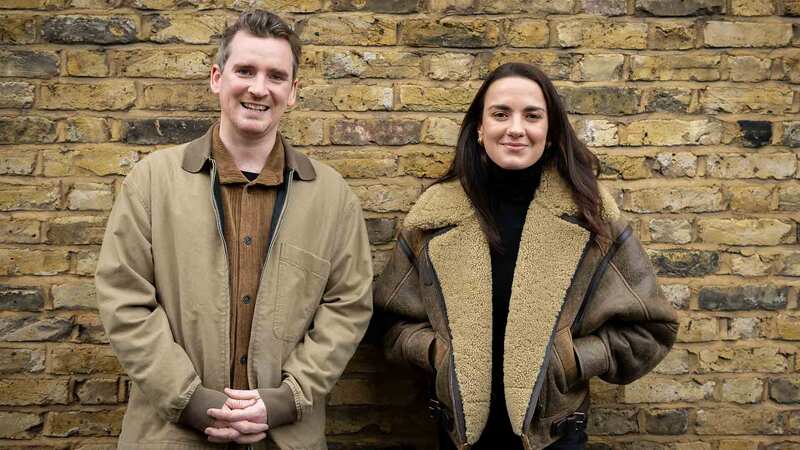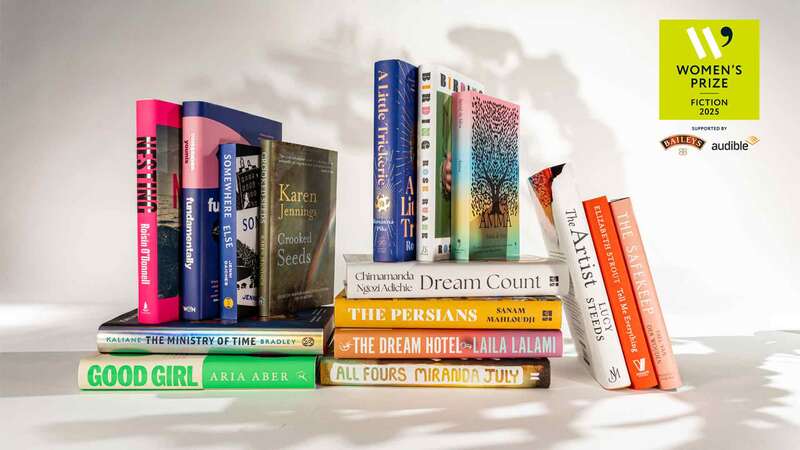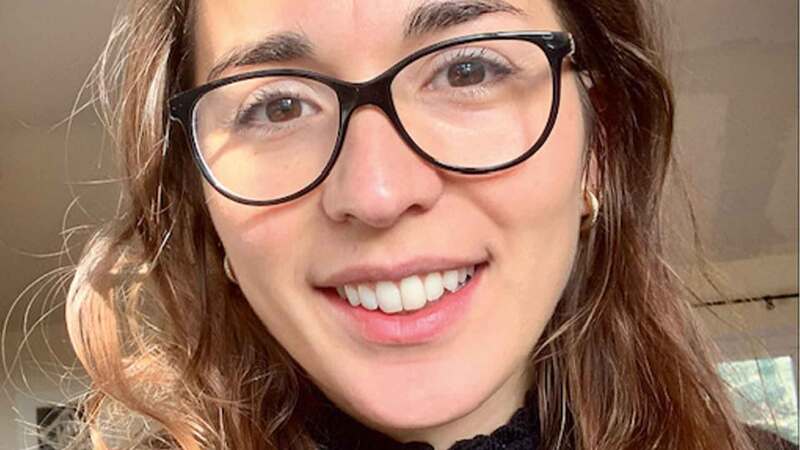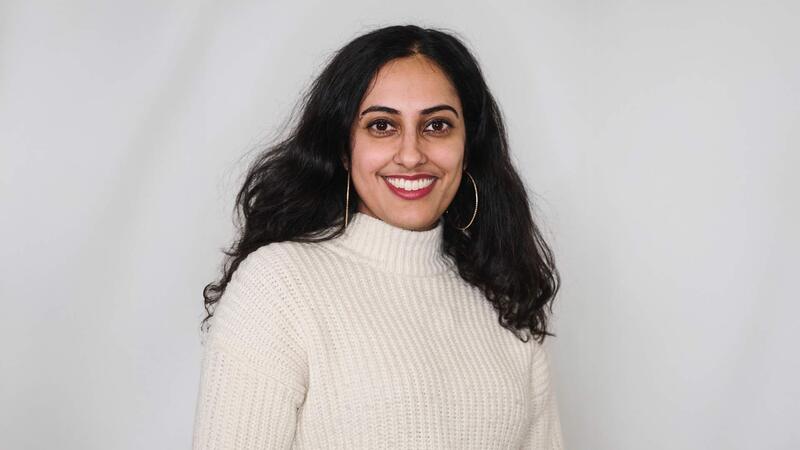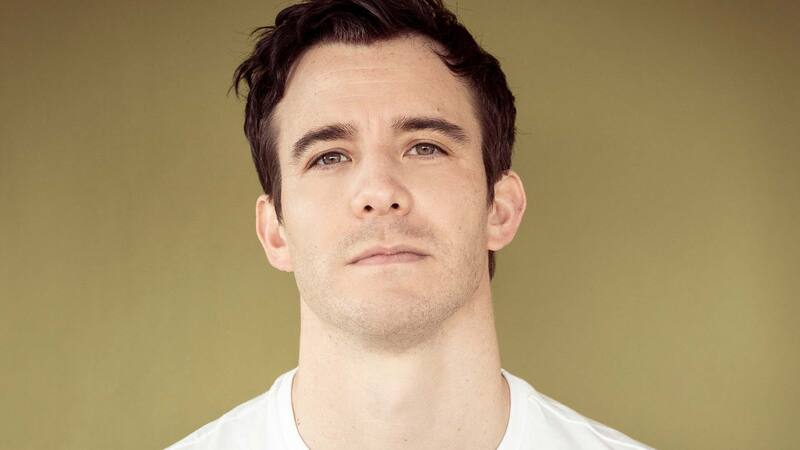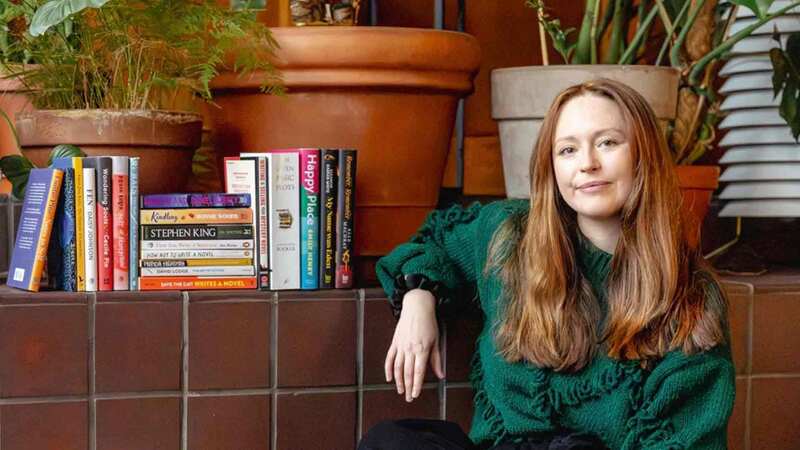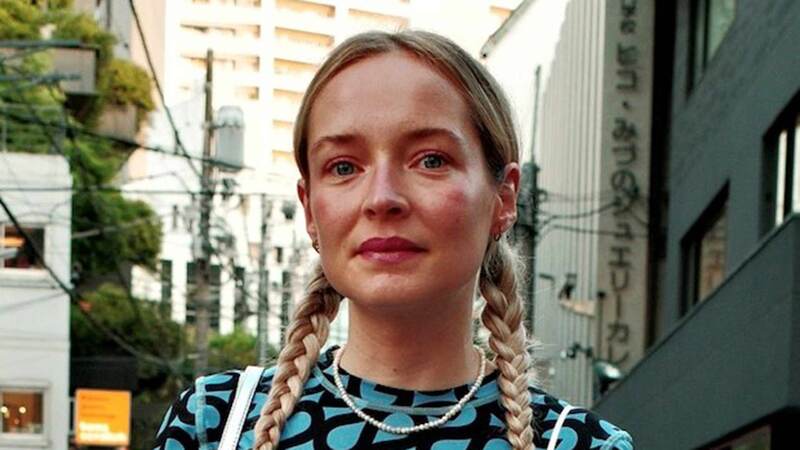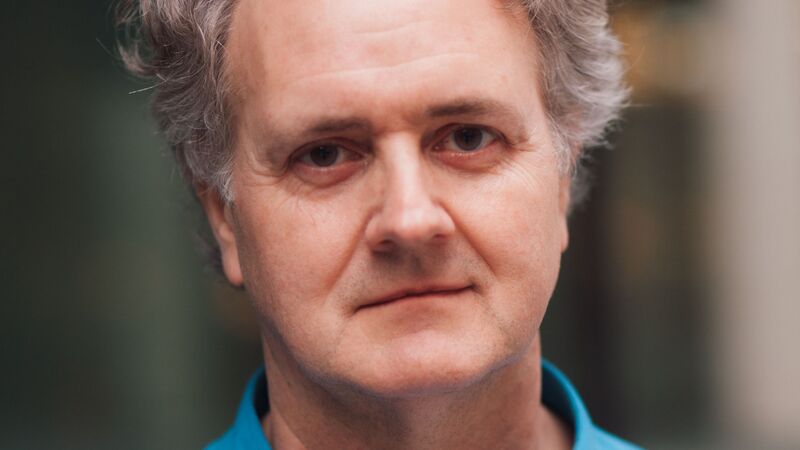You are viewing your 1 free article this month. Login to read more articles.
The bottom line
In November 2020 I was one of the authors giving evidence during an inquiry conducted by the All-Party Parliamentary Writers Groups (APWG) for their investigation into the impact Covid-19 has had on the livelihoods of authors. To attend that inquiry, I had to dash from a job I’d taken cleaning on minimum wage. I still crammed in writing at night and in any gaps I might find during the day.
There are those who would say that this is the price beginners pay for a dream, but I’m not a beginner. I’d already sat in glitzy offices with champagne, signing contracts. I’d already been involved in Hollywood movie conversations and had huge publishers court me. I already had books on the curriculum and in every primary classroom. I’d already won prizes for poetry. I imagined that achieving these things meant I could consider myself a writer and could finally stop writing pitches in the middle of the night already exhausted after a long working day. Once upon a time I naively imagined I might be able to make a living doing a job I was good at.
It is a brutal and depressing fact that to be a creator you already need to be able to afford it. You have to be able to afford the time to make the best creation you can in the hope it will stand up against the competition.
But mainstream publishing is an ever-hungry beast on a constant search for The Next Big Thing. Snapping up authors and pushing out books and, when you aren’t an Overnight Success, moving on. This business model means there is often little loyalty to books that have ticked over, the ones that take time to find an audience or to authors for whom their books naturally have a smaller audience. All too often, creators lacking a celebrity name or following are now seen as risks in a risk-averse environment. We’re not hired on pitches or contentless ideas, we have to write an entire work.
To create an entire work takes time, and time is something in short supply if you are making a choice between heating and eating. It is a brutal and depressing fact that to be a creator you already need to be able to afford it. You have to be able to afford the time to make the best creation you can in the hope it will stand up against the competition. You also have to be in a position of enough financial security to know that when it all turns around and you are back where you started you have enough money to survive.
This means we still have a publishing world that is largely dominated by the already wealthy, and this has a significant impact on the kind of voices we have in the creative fields. This playing field was anything but level and Covid-19 has exacerbated the situation. The APWG 2021 report has laid bare Covid-19’s impact on authors’ livelihoods. The reality for most has been cancelled commissions and contracts, loss of personal appearances, and gaps in government support. Despite the continued growth of the creative industries, now valued at £115.9 billion, studies show that authors’ earnings have fallen by 42% in real terms. Average authors’ annual incomes are now estimated as low as £10,000. The ones who keep going, are the ones who can already afford to.
There are critics who would say we’ve chosen this life, or if we were any good we’d be a success. We’re used to that criticism, and we’ve beaten ourselves up for most of our careers. As a working-class writer, I’ve been my own biggest critic and heard that inner voice that told me I have no place here. I didn’t go to the right school or make the right connections, what right do I have to expect to work as an author? However, the point is that I did have the contracts and the sales and now I’m left scrabbling for contracts to keep debt at bay. I’m not alone.
I am fortunate enough to know some of the finest writers for young people of our generation and I also know many are considering quitting because they can’t afford to carry on. Most of these creators have won prizes and awards and they too have been courted by movie and TV studios, but without contractual loyalty and guaranteed income they simply can’t afford to continue. Every year we lose the content of creatives of great talent as their books slip out of print and no new contracts emerge.
I will continue to campaign for a fair wage for creatives, and for a creative industry that is loyal and supportive to content generators. This is better for us all. How would we have coped with the past two years without books, drama, comedy, music and art? What sort of world would this be if the only creative content we had was that which generates the greatest profit? If we want a creative industry that has content to interest everyone, then we must invest in the creators. If we want to hear authentic voices (and reach vast and potentially untapped audiences) there must be greater long-term financial support for the creators.
Dawn Finch is a writer and poet and the current chair of the Children’s Writers & Illustrators Committee at the Society of Authors.








